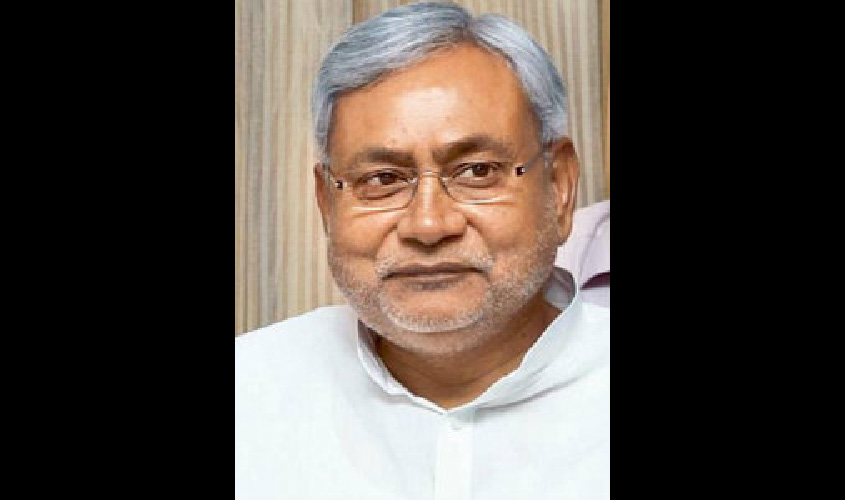‘In a way, Nitish Kumar has lost his political credibility. All this has reduced his bargaining power’.
The increasing consolidation of the BJP and RJD in Bihar has made the Nitish Kumar-led Janata Dal (United) nervous, which has now very limited options.
According to sources, while the RJD is consolidating its MY (Muslim-Yadav) equation under its new leader Tejashwi Yadav, a counter polarisation is taking place in favour of the BJP, as it is the only party which can check the emergence of the RJD. In such a situation, JDU leaders feel that the party may get reduced to a junior partner of the BJP during the 2019 Lok Sabha elections.
“All forces, including the forward castes and also some sections of the Scheduled Castes (SCs), opposed to Lalu Yadav, are now concerned about the growing clout of RJD in the last few months, especially after the recent byelections. There is a fear among them that any consolidation in favour of RJD may lead to a return of the jungle raj of the 1990s and only BJP can check this,” said a source. In such a scenario, the Nitish Kumar-led JDU finds itself in a Catch-22 situation, as JDU never had a strong social base, except for Kurmis and Koeris, who hardly constitute about 2%-3% of the population. In many areas, in fact, the Koeri votes have also shifted to Rashtriya Lok Samata Party (RLSP), headed by Upendra Kushwaha. That was the reason the JDU has never been able to perform well on its own. In the last Lok Sabha elections, BJP, RJD and JDU had contested separately. While the BJP and alliance partners bagged 31 out of 40 seats, the JDU could get only two seats. The RJD, on the other hand, got four seats. The remaining seats went to the Congress and the Nationalist Congress Party (NCP). In 2015, when JDU contested the Assembly electiond as part of the Mahagathbandhan, it got 71 seats, while the RJD became the single largest party with 80 seats. “Nitish Kumar has always been dependent on others for political survival. In earlier days, he was with BJP, then he joined Mahagathbandhan with RJD and Congress. Now, he is again with the BJP. In a way, he has lost his political credibility. All this has reduced his bargaining power,” he said.
The 2019 Lok Sabha elections will be a litmus test for him and it remains to be seen how many seats he gets. “Besides the BJP, there are alliance partners like Lok Janshakti Party (LJP) of Ram Vilas Paswan and RLSP of Upendra Kushwaha, which will be asking for more seats. JDU, with reduced bargaining power, will have to contend with only a few seats,” said the source.
The source also pointed out that, in the changed political scenario following the reunion of JDU and BJP, many JDU leaders, who were once with BJP, may switch over to the latter for getting tickets.
“Since the JDU is not likely to get many seats, some of its leaders may join the BJP before the elections. This will further weaken the JDU,” he added.
“What adds to the woes of Nitish Kumar is the fact that he now has limited options. Though he is under pressure from some party leaders to sever ties with the BJP, he is unlikely to do so. He is not in a position to go back to the Mahagathbandhan. He will have to remain with the BJP for his political survival,” the source pointed out.

